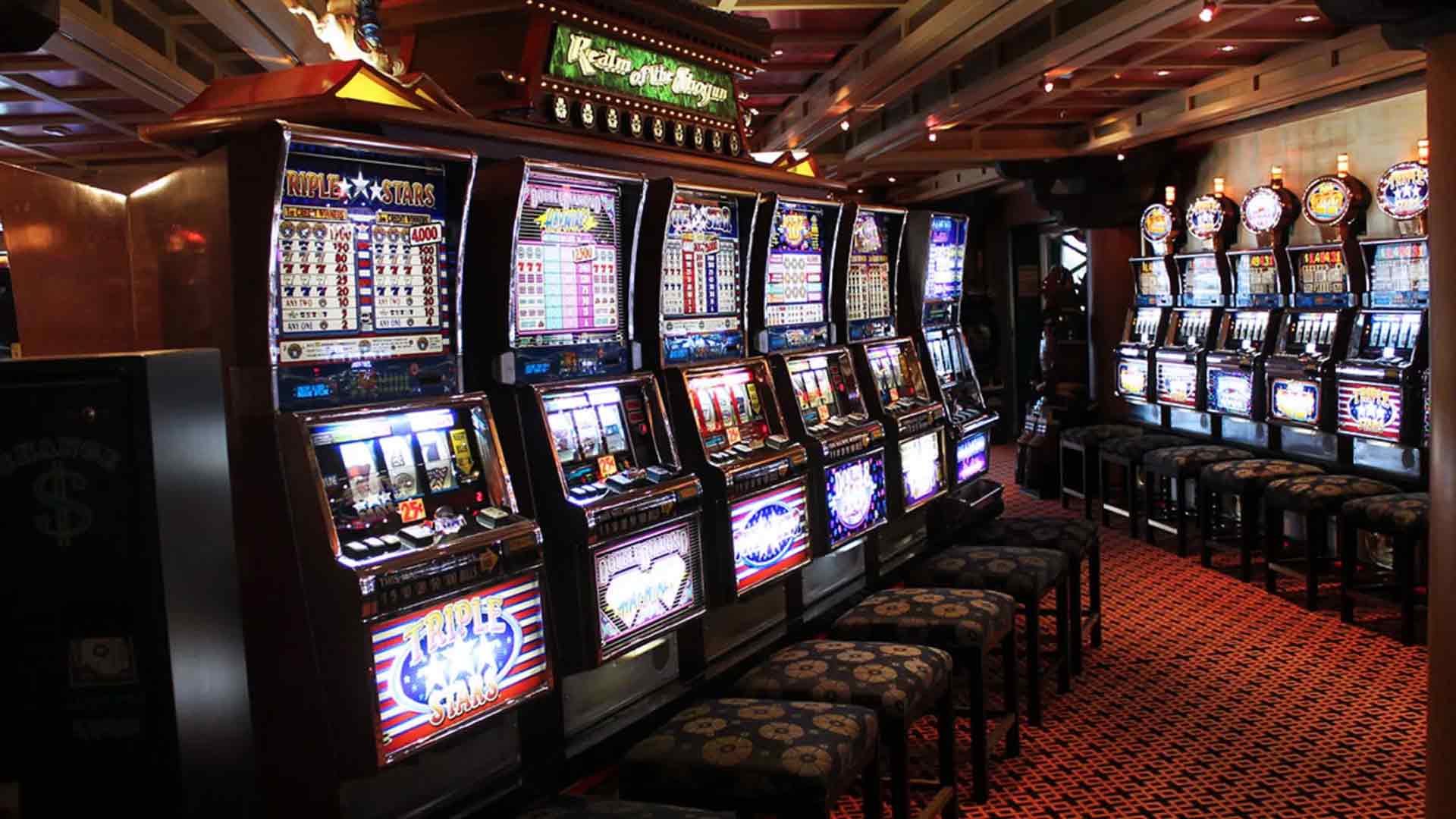How Casino Loyalty Cards Shape Player Habits
```htmlHow Casino Loyalty Cards Shape Player Habits
Casino loyalty cards, also known as rewards cards or player's cards, have become ubiquitous in the modern gambling landscape. These cards are offered by casinos to track player activity, reward patronage, and ultimately, shape player habits. Understanding how these cards work and the psychological principles they leverage is crucial for both casino operators and players alike. This article delves into the intricate relationship between casino loyalty cards and player behavior, exploring the strategies employed and the potential consequences.
The primary function of a casino loyalty card is data collection. Every time a player uses their card at a slot machine or presents it at a table game, the casino records detailed information about their wagering habits. This data includes the amount of money spent, the types of games played, the duration of play, and the frequency of visits. This wealth of data allows casinos to create detailed player profiles, enabling targeted marketing and personalized rewards.
One of the key ways casino loyalty cards shape player habits is through the implementation of tiered reward systems. Players earn points based on their level of spending, which can then be redeemed for various perks such as free play, complimentary meals, hotel stays, and even exclusive event invitations. These tiers create a sense of progress and achievement, encouraging players to gamble more in order to reach the next level and unlock more valuable rewards. The desire to maintain a certain tier can also lead players to continue gambling even when they are losing, hoping to recoup their losses and avoid downgrading their status.
The psychological principles at play here are powerful. The concept of variable ratio reinforcement, a cornerstone of operant conditioning, is heavily utilized. This means that rewards are not given consistently, but rather at random intervals. This unpredictability keeps players engaged and motivated, as they never know when they might receive a valuable reward. Furthermore, the sunk cost fallacy can also come into play. Players who have invested significant time and money into accumulating loyalty points may feel compelled to continue gambling in order to "get their money's worth," even if it means incurring further losses. If you're looking for a guide on how to get started, this guide on cara main live casino m88 might be helpful.
Casino loyalty cards also influence player behavior through personalized marketing. Based on the data collected, casinos can send targeted offers and promotions to individual players. For example, a player who frequently plays slots might receive offers for free spins or bonus credits on their favorite games. These personalized offers create a sense of connection and value, making players feel appreciated and more likely to return to the casino. The offers can also be designed to encourage players to try new games or visit during off-peak hours, further shaping their gambling habits.
However, the influence of casino loyalty cards is not without its potential downsides. Some players may become overly focused on earning rewards, losing sight of the fact that gambling should be a form of entertainment, not a means to an end. The pressure to maintain a certain tier or redeem valuable rewards can lead to compulsive gambling behavior and financial difficulties. It is crucial for players to be aware of these potential risks and to gamble responsibly, setting limits on their spending and time spent at the casino.
Furthermore, the data collected by casino loyalty cards raises privacy concerns. Players should be aware of how their personal information is being used and shared, and they should have the right to opt out of certain data collection practices. Casinos have a responsibility to be transparent about their data policies and to protect the privacy of their players.
In conclusion, casino loyalty cards are a powerful tool for shaping player habits. They leverage psychological principles such as variable ratio reinforcement and the sunk cost fallacy to encourage increased gambling activity. While these cards can offer valuable rewards and enhance the player experience, it is important to be aware of the potential risks and to gamble responsibly. Both casinos and players have a role to play in ensuring that loyalty programs are used ethically and sustainably, promoting a healthy and enjoyable gambling environment.
```tag: M88,



